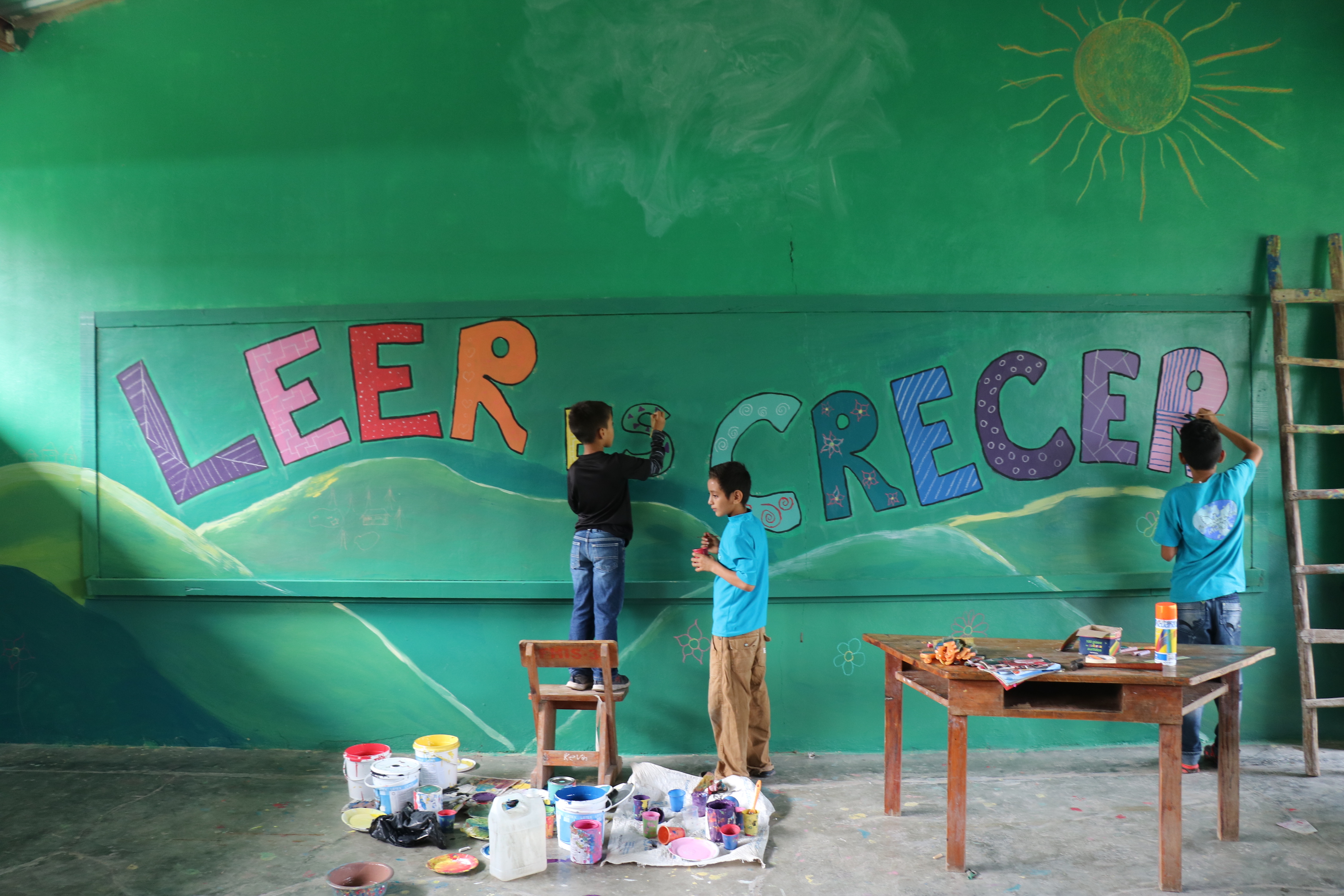Volunteers’ Week takes place from June 1st to 7th every year in celebration of the millions of volunteers across the UK. It should also be an opportunity, I think, to think critically about some of the impacts of volunteering across the globe.
Voluntourism – a combination of volunteering and tourism – appeals to many well-intentioned individuals as a more ethical way to spend a two-week holiday. For a price, you can build a well/teach English/help at an orphanage somewhere in the global South. Ultimately, though, the practice of voluntourism does more harm than good. It supports outdated development strategies, prioritizes the outsider’s perspective over local knowledge and wellbeing, and leads to systems which ignore rather than tackle structural inequality.
The business of voluntourism sends the message that there are quick fixes to complex global issues. It imports unskilled labor to communities in which there is an urgent need for local jobs. It leaves communities, and especially children, with a constant cycle of temporary helpers and a sense of abandonment. Instead of spending thousands on travel and volunteer programs, voluntourists’ money would go much farther if they stayed where they are and instead gave directly to local work already being done on the ground.
A particularly popular destination, and an apt example of how voluntourism can lead to harmful solutions, is the orphanage. The institutionalization of children has stopped completely in most Western nations, as child development experts have realized that children do much better growing up with their families than they would in even the best orphanage facility. And yet orphanages in the global South are still seen a viable voluntourism destination and popular receiver of international aid. In Haiti, for example, foreign donations to orphanages total around $100 million, which is five times the budget of Haiti’s social affairs ministry and 130 times the country’s child protection budget. The vast majority of children in orphanages, an estimated 80-90% by Catholic Relief Services, are not orphans at all. Rather, they are given up by their parents who are unable to care for them, or who see better opportunities for their children in these well-funded orphanages than at home. Orphanages grow not because there is an increasing need, but because of rising donations and tourists who want to work in them.
Critiquing voluntourism does not mean that there is no room, or need, for work that fights for justice, dignity, and human rights in the world’s poorest nations. In fact, the multifaceted problems of voluntourism shed light on the reasons why educate.’s philosophy of development and locally-led approach are so vital. educate.’s Europe-based team is 100% run by volunteers, and thus almost all of our funds go directly to projects in Honduras. educate. actively works against a mentality of service, working on equal footing with local communities and ensuring that all projects are requested, led, and enacted by communities, who have full ownership over them. Our work is grassroots, small-scale, and context-specific. Supporting education initiatives in particular helps to empower young people from within their families.
Turning away from voluntourism and its simplistic messaging and towards sustainable, intentional, and locally-led efforts is an important step forward in ensuring that International Development is just and effective.
This article was written by Isabelle Gius, a member of the Grants Team at educate.


